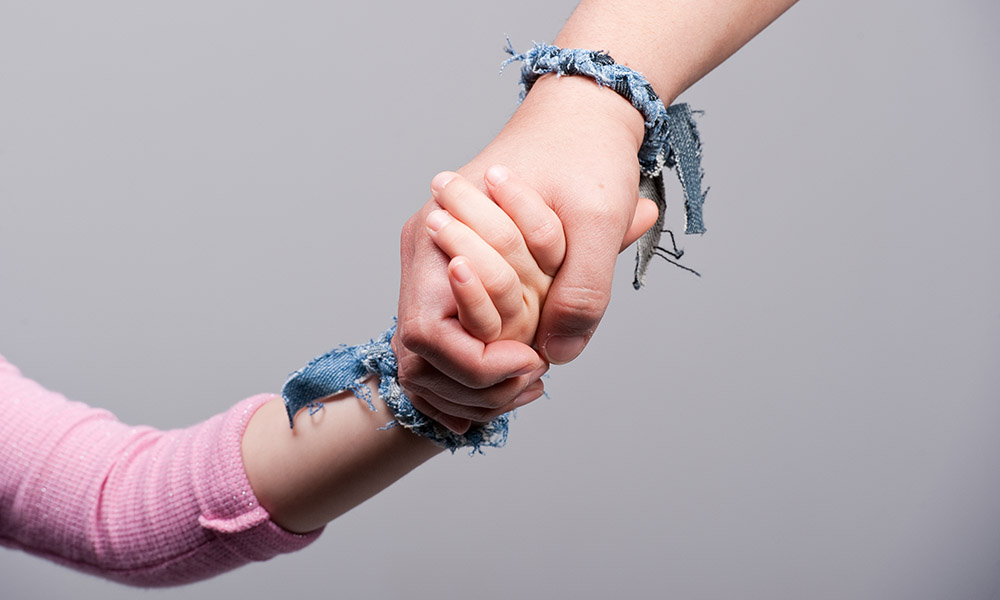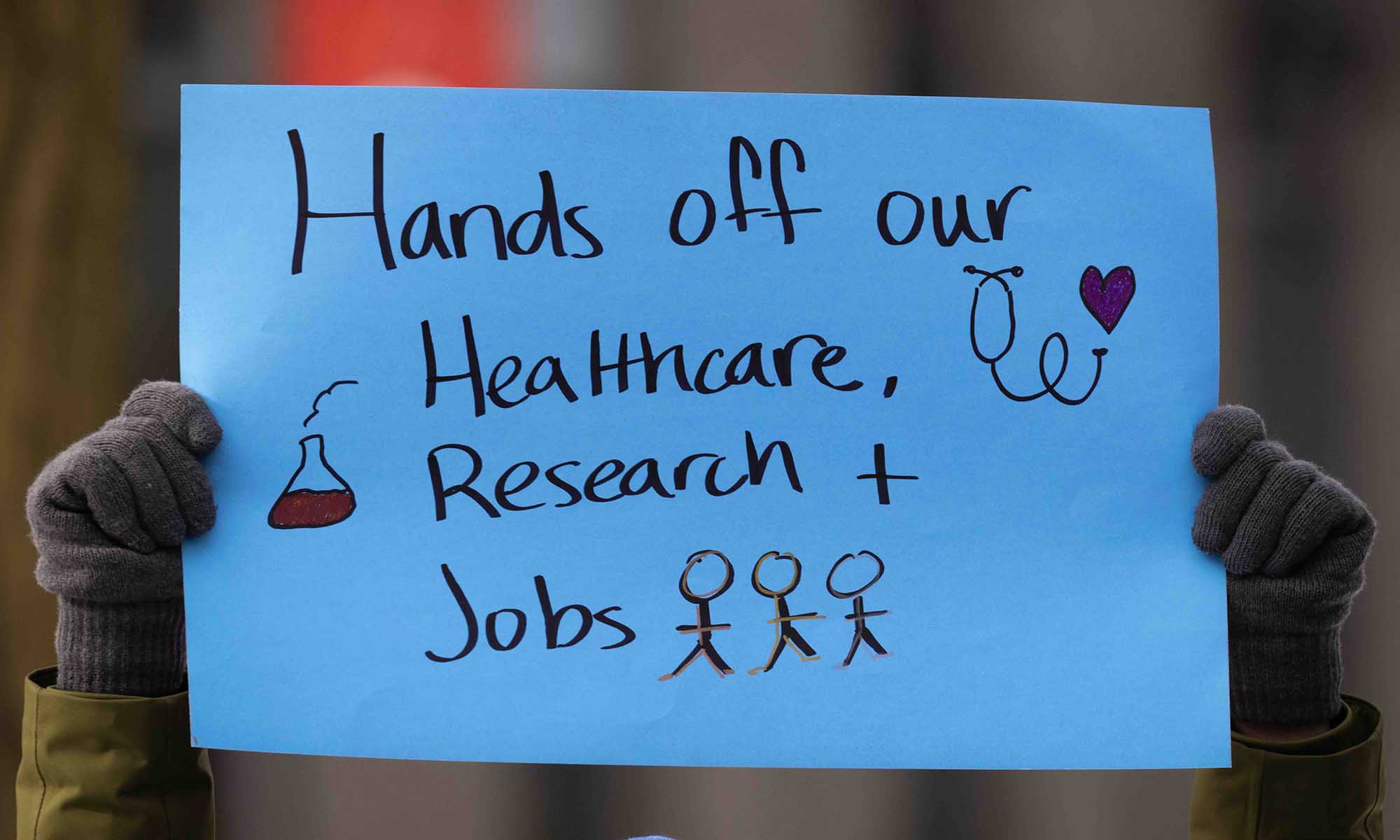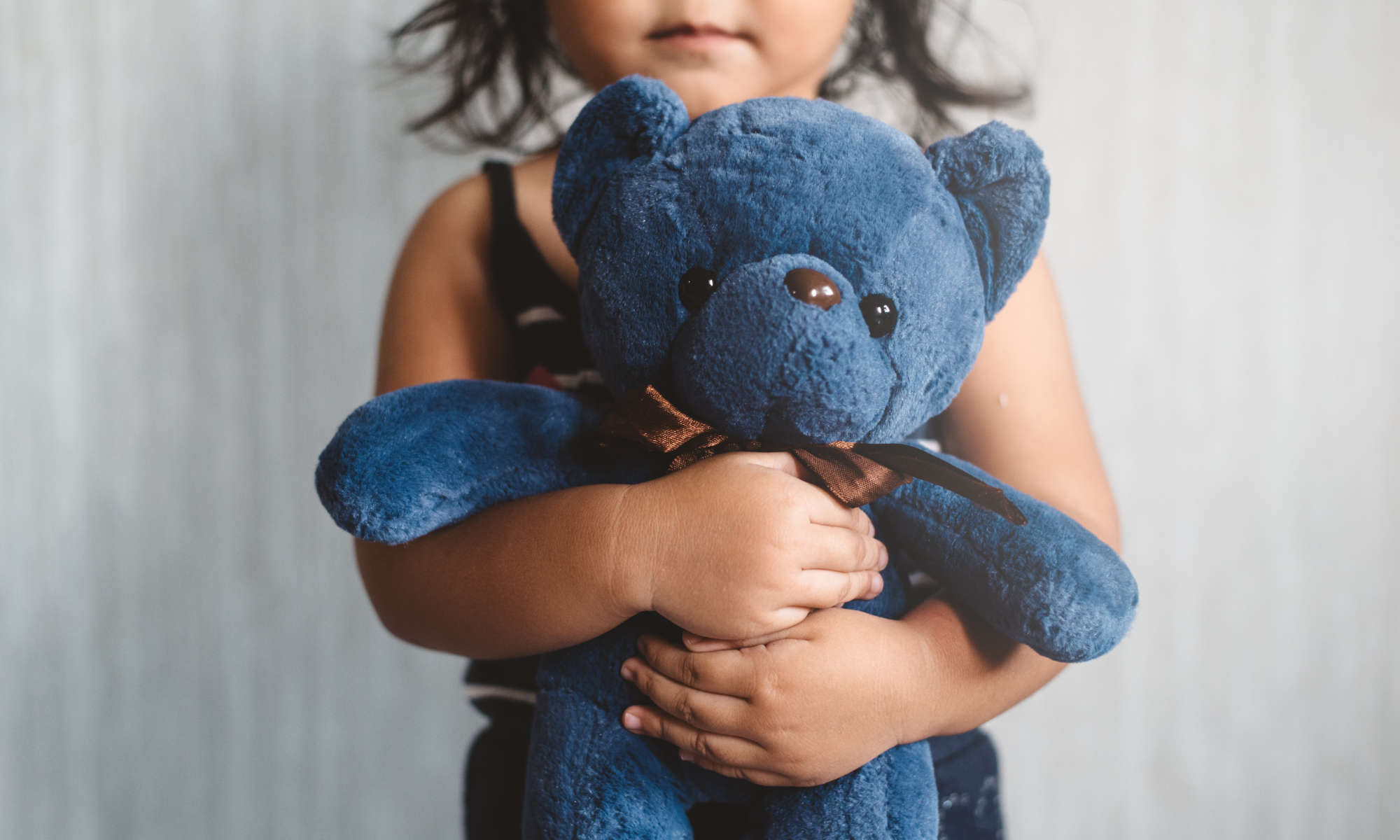The University of Rochester’s Mt. Hope Family Center will be able to expand services in the Rochester area for unaccompanied immigrant and refugee children, and for children and families locally—all of whom have experienced trauma—thanks to new private and federal funding.
A two-year $100,000 grant by the Wilson Foundation will enhance some of Mt. Hope’s most successful programs that address complex trauma among vulnerable Rochester children and families.
The two-year period will allow the center to bridge the current program gap for children between the ages of 3 and 6 that exists between the conclusion of the center’s recognized program for children of mothers under the age of 21—Building Healthy Children—and the start of its research-based after-school and summer program, known as PATHS Therapeutic After School and Summer Camp Program. The grant will also extend the programs for school-aged children, and pay for field trips and supplemental instruction such as music and art.
Being able to support younger children with these key interventions will improve their long-term social and emotional well-being, says Jody Manly, a faculty member and the clinical director at Mt. Hope, who is the grant recipient.
“These early years are foundational for brain and physiological development, attachment formation, and future interpersonal and cognitive competencies—all of which are so profoundly and perniciously affected by trauma,” says Manly, who is also a licensed clinical psychologist.
The PATHS curriculum—which stands for “Promoting Alternative THinking Strategies”—is designed to “help affected children understand their emotions, develop positive coping techniques, and reduce aggressive and negative acting-out behaviors,” explains Meredith Russell, the clinical coordinator of PATHS.
The new funding allows for the enrollment of children into an extended summer program who are at risk for maladaptation and who may have difficulty joining other extracurricular activities over the summer months because of significant behavioral challenges. According to Manly, the youth have some of the greatest need for supported summer activities in order to reduce the risk of engaging in delinquent and high-risk behaviors.
Additionally, Manly secured a one-year supplement from the US Department of Health and Human Services’ Substance Abuse and Mental Health Service Administration (SAMHSA) for about $308,000 to support Mt. Hope’s STRONGER (Supporting Trauma Recovery Opportunities & Nurturing Growing Emotional Resilience) trauma treatment program in partnership with the SAMHSA-funded National Child Traumatic Stress Network. That way Mt. Hope will be able to expand its evidence-based trauma treatment for unaccompanied and refugee children, and international families in the community, especially for new arrivals to the United States who are traditionally underserved.
The support is vital, says Alisa Hathaway, the project director of Mt. Hope’s STRONGER program, “because children who experience traumatic stress may experience negative changes in their brain development, physiological functioning, and gene expression, as well as changes in their relationships, behavior, academic performance, and mental health”—all of which can be lifelong if not adequately addressed.
Studies, including research conducted at Mt. Hope, have shown that adversity in childhood can lead to long-term negative health consequences or earlier death. Refugee children may experience complex trauma that can result in significant mental health symptoms, but they do not always have access to or utilize mental health services.
Language and cultural barriers, mistrust of providers, and negative perceptions of mental health treatment can all become obstacles to seeking treatment. That’s why it’s important that mental health services that address cultural factors and factors related to resettlement be accessible to these youth, stresses Manly. “Evidence-based treatment can change negative trajectories and dramatically improve the outcomes for children and their families.”
Manly says she appreciates the congressional support that made the supplemental funding possible by “recognizing the immigration crisis and the needs of children who seek refuge in the US.” Adds Sheree Toth, the center’s director, “We are very grateful for both sources of support, particularly in view of the challenges accompanying the pandemic.”
“With our colleagues within the National Child Traumatic Stress Network, we are sharing resources and seeking to provide the best trauma-informed care to support healing for children who have endured extreme situations and yet have the courage to seek new life opportunities,” Manly says. “I am grateful to our community partners and our staff members who continue to open their hearts to provide hope and healing.”
Mt. Hope partners for the SAMHSA program with the Refugee Trauma and Resilience Center of Boston Children’s Hospital, and local partners from the Rochester International Academy, the Catholic Family Center, and the Monroe County Department of Human Services.
Read more
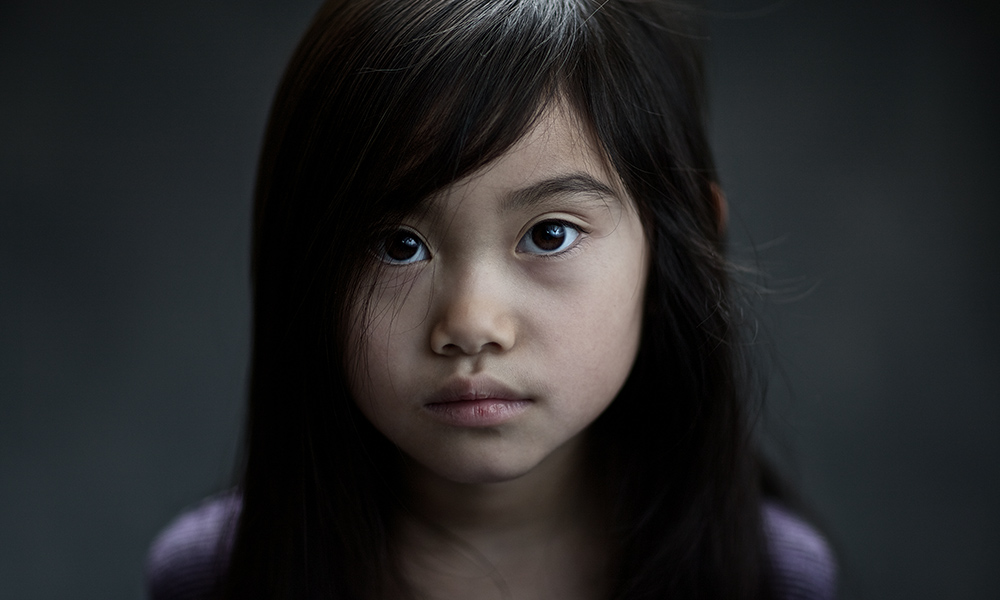 Mt. Hope Family Center gets funding boost to treat child traumatic stress
Mt. Hope Family Center gets funding boost to treat child traumatic stressFederal funding will help Project STRONGER provide services for children and families from Puerto Rico affected by Hurricane Maria, as well as immigrant, refugee, and unaccompanied international children.
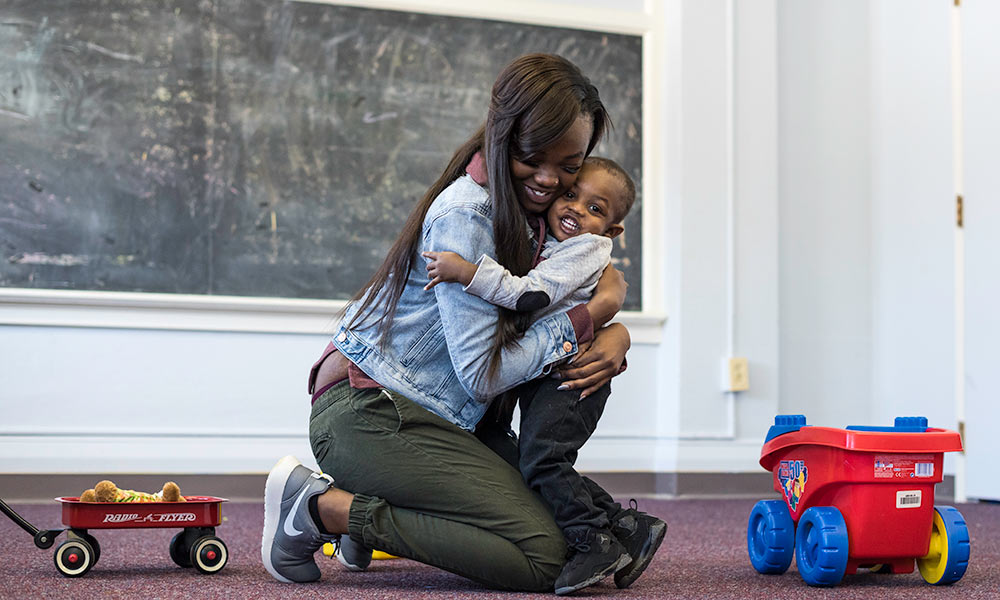 At-risk families find research-driven services at Mt. Hope Family Center
At-risk families find research-driven services at Mt. Hope Family CenterThe Mt. Hope Family Center sits on a two-way street. Its researchers and clinicians have provided evidence-based services to at-risk families, while training the next generation of clinicians and research scientists.
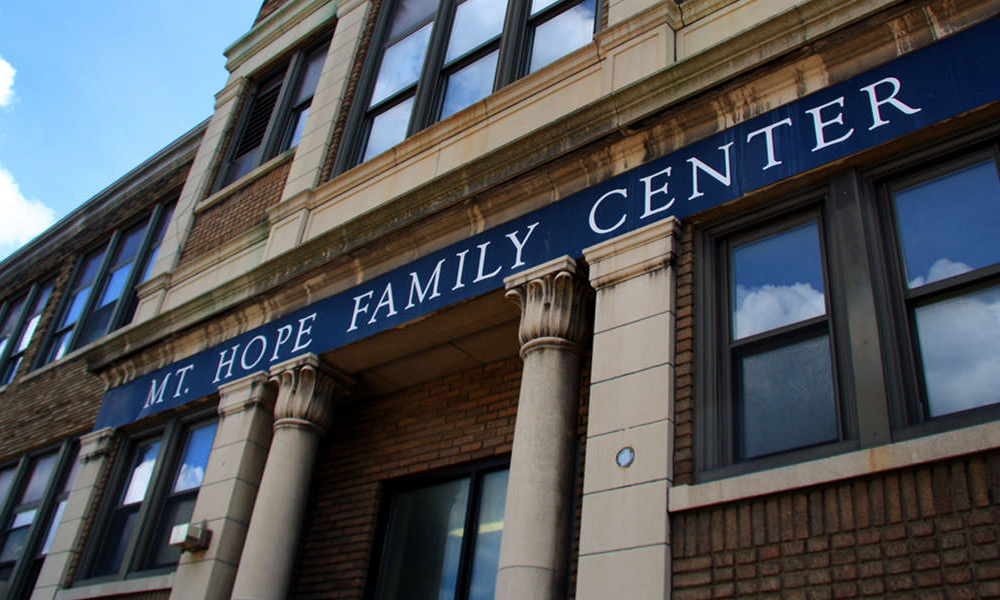 $8 million grant to establish national center for child maltreatment studies
$8 million grant to establish national center for child maltreatment studiesMt. Hope Family Center’s new TRANSFORM Center will focus on research, policy, and training aimed at preventing child maltreatment.


